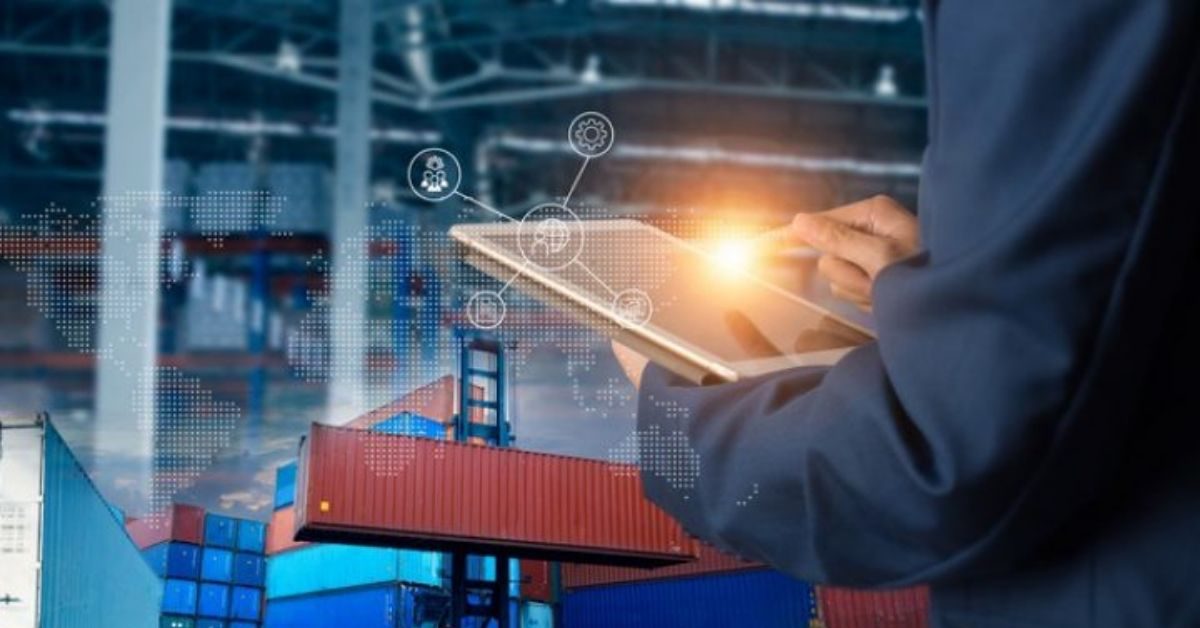The launch of 5G—the ultra high-speed internet—will boost the $160 billion logistics sector with the use technologies like telematic, Internet of Things, Artificial Intelligence (AI) and Machine Learning (ML) slowly penetrating the sector. It will be a key enabler to facilitate data-driven analytics and decision making with big data and AI.
For instance, 5G in supply chain operations can help companies optimise their routes to avoid unnecessary trips and inefficiencies. Portable Internet-connected trackers that monitor in real time the location and condition of goods throughout the entire supply chain can eliminate such information ‘black holes.’ Sophisticated Augmented Reality applications used in logistics, such as vision picking, will be significantly enhanced if supported on a 5G network, said DHL.
The World Bank in a report in March 2021 said that 5G will help in the rise of connected and autonomous vehicles; increasingly smart and efficient logistics, and improved urban transportation with the implementation of mobility-as-a service platform.
Driver of change
In a report 5G–Future in Logistics and Supply-Chain Industry, Tech Mahindra said that 5G is the essential driver of change as it holds the potential to transform the logistics sector in a big way. The amalgamation of AI, ML, Cloud and and 5G has the capability to optimise and enhance warehousing and fleet operations.
Eliminating revenue leakage
With 5G, cargo owners, freight solution buyers and other industry players will be able to minimise (and steadily eliminate) factors that earlier contributed to revenue leakage. Annually, the trucking industry loses around $2.5 billion each year as ‘revenue leakage’. In-depth visibility in the supply chain is one of the prime factors that add up to this lost revenue-making opportunity, the company said.
Ketan Kulkarni, Chief Commercial Officer, Blue Dart, said that 5G would play a transformational role for the industry by facilitating speed with an ability to inter-connect multiple devices and enable massive data consumption accelerating the speed of the planning and processing in complex delivery operations.
It will help automate the industry further, creating cumulative economic impact across sectors. Considering that the industry has already achieved significant productivity through data analytics, robots, IoT devices and predictive algorithms enabling it to facilitate trade across the nation.
Multiple benefits
5G will propel that further by advancing data and information systems that are imperative for logistics, as they create a smart way for building efficient and robust operations. It will also impact Inventory management and fleet operations by making it easier to track and designate optimal storage spaces thereby improving productivity. Largely, this launch will accelerate the National Logistic Policy implementation, he said. According to Prasad Sreeram, CEO and Co-Founder, COGOS–a technology driven logistics platform, 5G enables a new level of connectivity with faster speeds and lower latency within transportation technology improving the delivery of data from sensors to dispatch and operations and, ultimately, back to the driver, resulting in productivity and performance improvements.







